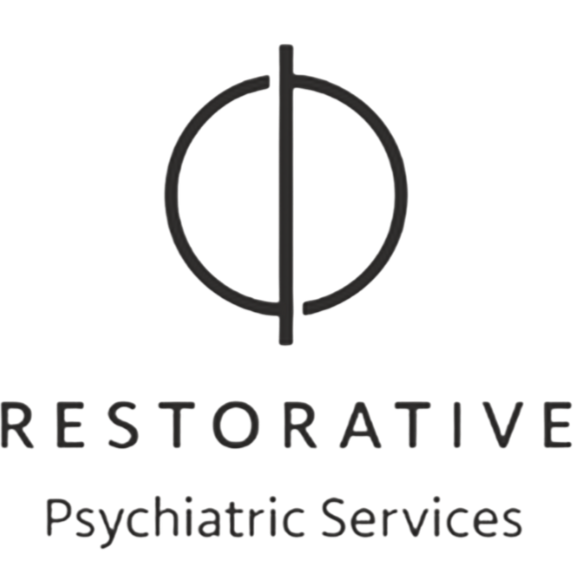Attention-Deficit/Hyperactivity Disorder (ADHD)
(ADHD) is a common neurodevelopmental condition that affects both children and adults. People with ADHD may have difficulty with attention, focus, organization, and controlling impulses. Some also experience hyperactivity—feeling the need to move or talk constantly. There is no one-size-fits-all approach to treating ADHD, but many effective options are available. Most treatment plans include a combination of the following:
Medication
Stimulant medications (like Adderall or Ritalin) are often prescribed and can help improve focus and self-control. Non-stimulant options are also available for those who don't respond well to stimulants or prefer alternatives.
Therapy
Behavioral therapy can help individuals develop better coping skills, organization strategies, and manage impulsive behaviors. Therapy may also support emotional well-being, especially if there are co-occurring conditions like anxiety or depression.
Lifestyle & Support Strategies
Coaching and skills training for time management and organization.
School accommodations for students, such as extra time on tests or help staying on task.
Family education to support a positive home environment.

